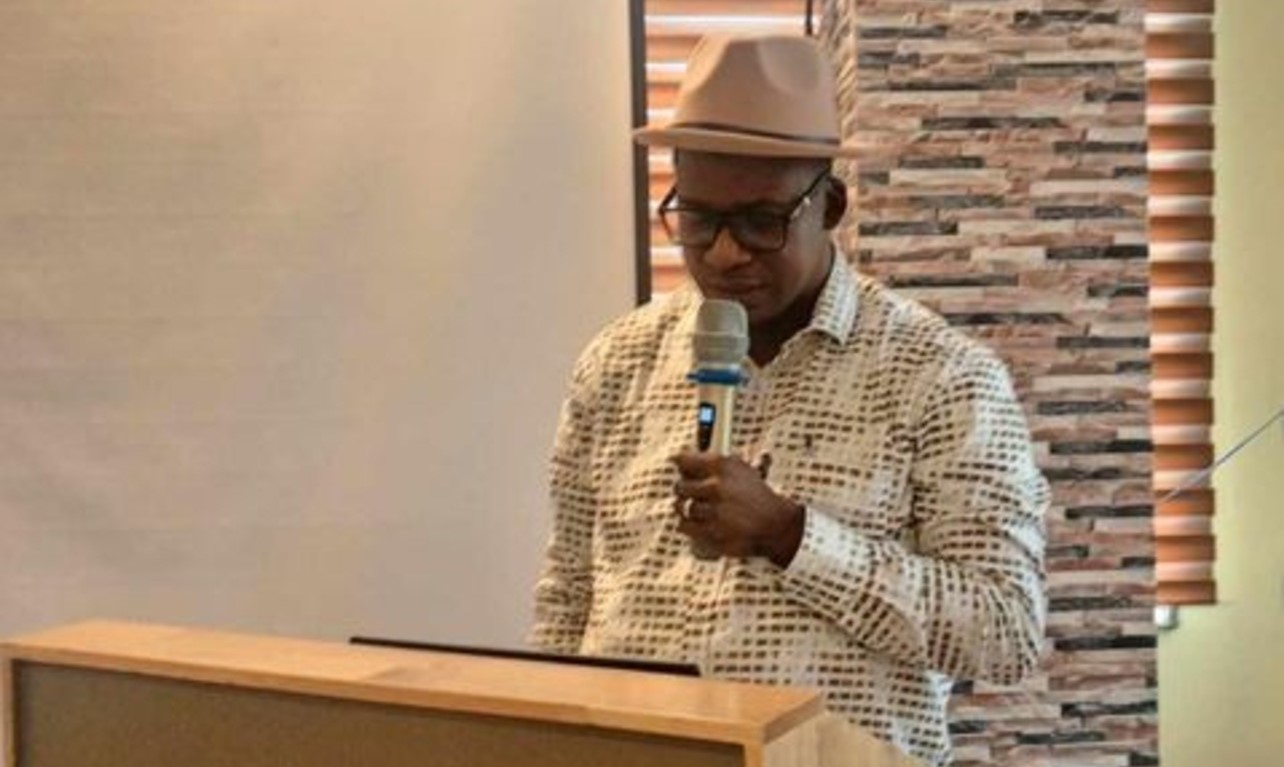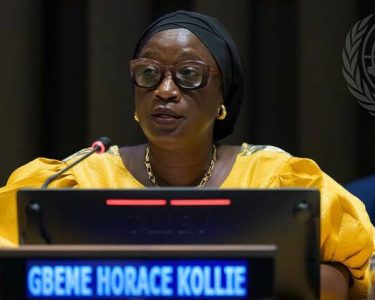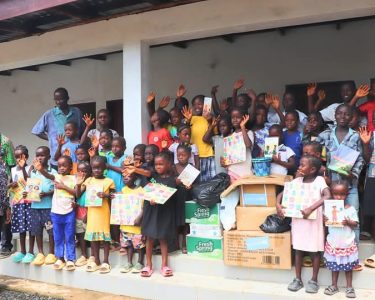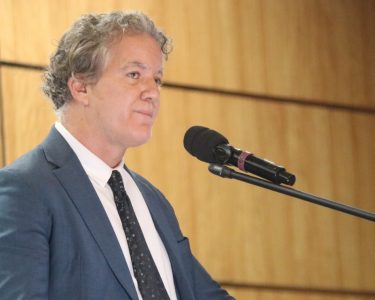Dep. Min. Dorley Urges Entities To Take Ownership of GRPB Initiatives
In a significant step towards achieving gender equality and inclusive growth, the Ministry of Gender, Children, and Social Protection (MGCSP) recently hosted a transformative training on Gender Responsive Planning and Budgeting (GRPB). The training, led by Honorable Curtis V. Dorley, Deputy Minister for Research, Policy & Planning at MGCSP, brought together representatives from nine pilot spending entities, including the Ministries of Agriculture, Health, Justice, Education, and Internal Affairs, as well as various civil society organizations (CSOs).
As Liberia continues its path toward reforms under the ARREST Agenda for Inclusive Development, gender mainstreaming is becoming increasingly central to the national conversation. The training represented a crucial element in embedding gender considerations into every aspect of public financial management and policy formulation.
Deputy Minister Dorley emphasized the importance of the GRPB policy, noting that it aligns seamlessly with the national development plan and the ARREST Agenda’s commitment to “Leaving No One Behind.” The initiative reflects a collective effort to ensure that national budgets are more equitable and responsive to the distinct needs of women, men, boys, and girls. By integrating gender analysis into budgeting processes, the policy aims to achieve a fair allocation of resources, contributing to sustainable development and social inclusion.
Minister Dorley urged the pilot spending entities to take ownership of the GRPB initiatives, emphasizing the importance of being intentional in their implementation. He called on the participants to be advocates for vulnerable communities, utilizing the skills acquired during the training to effect real change.
Throughout the training, participants were immersed in critical concepts such as gender analysis in budgeting, policy formulation, gender mainstreaming, and the national budget planning process. Several presentations were made to enhance the capacities of Gender Sector Implementation Unit (GSIU) officers, focusing on key issues such as the definition, myths, and relevance of gender analysis and GRPB. The sessions also covered the components and current landscape of gender analysis in Liberia, and addressed challenges and strategies for effectively understanding and implementing GRPB.
The topics are vital to fostering a deeper understanding among participants, equipping them to tackle the complexities of gender-responsive budgeting and to promote gender equality within their respective entities.
However, the path to implementing GRPB is not without its challenges. As Minister Dorley pointed out, institutional resistance and lack of political will can often impede progress. Yet, he framed these challenges as opportunities for innovation and improvement in public financial management. He called on participants to leverage their new knowledge to educate their colleagues and promote a more inclusive approach to budgeting and planning within their respective institutions.
He concluded by encouraging all attendees to network and share their experiences, highlighting that collaboration and continuous learning are crucial to the successful implementation of GRPB. He expressed gratitude to the participants, trainers, and organizers for their active involvement and contributions, underscoring the importance of adhering to the policies that govern this critical program.
Meanwhile, the training closed with a call to action: for every participant to become a champion for change in their respective institutions, to advocate for gender equality, and to work towards sustainable development for all Liberians.








